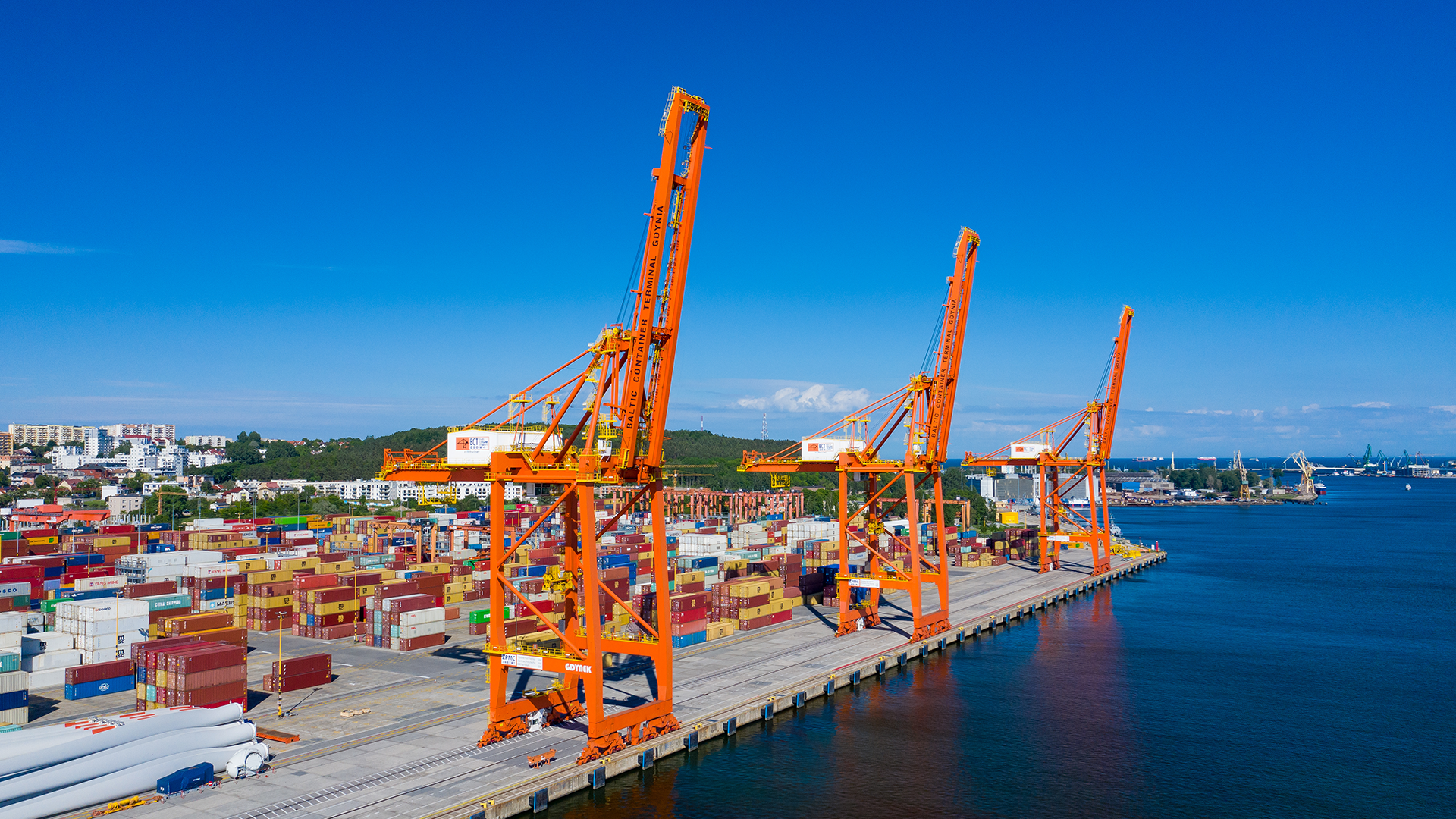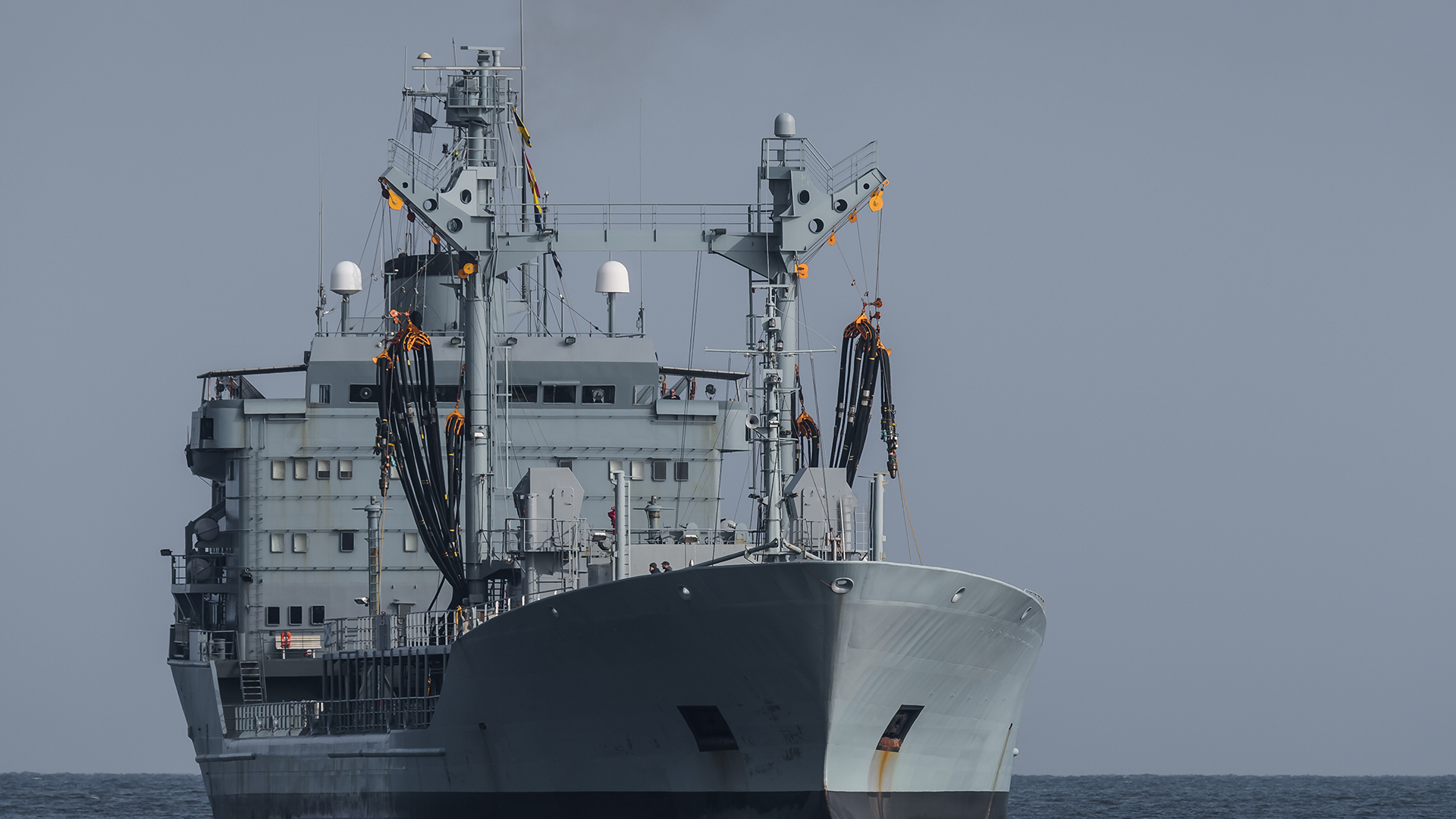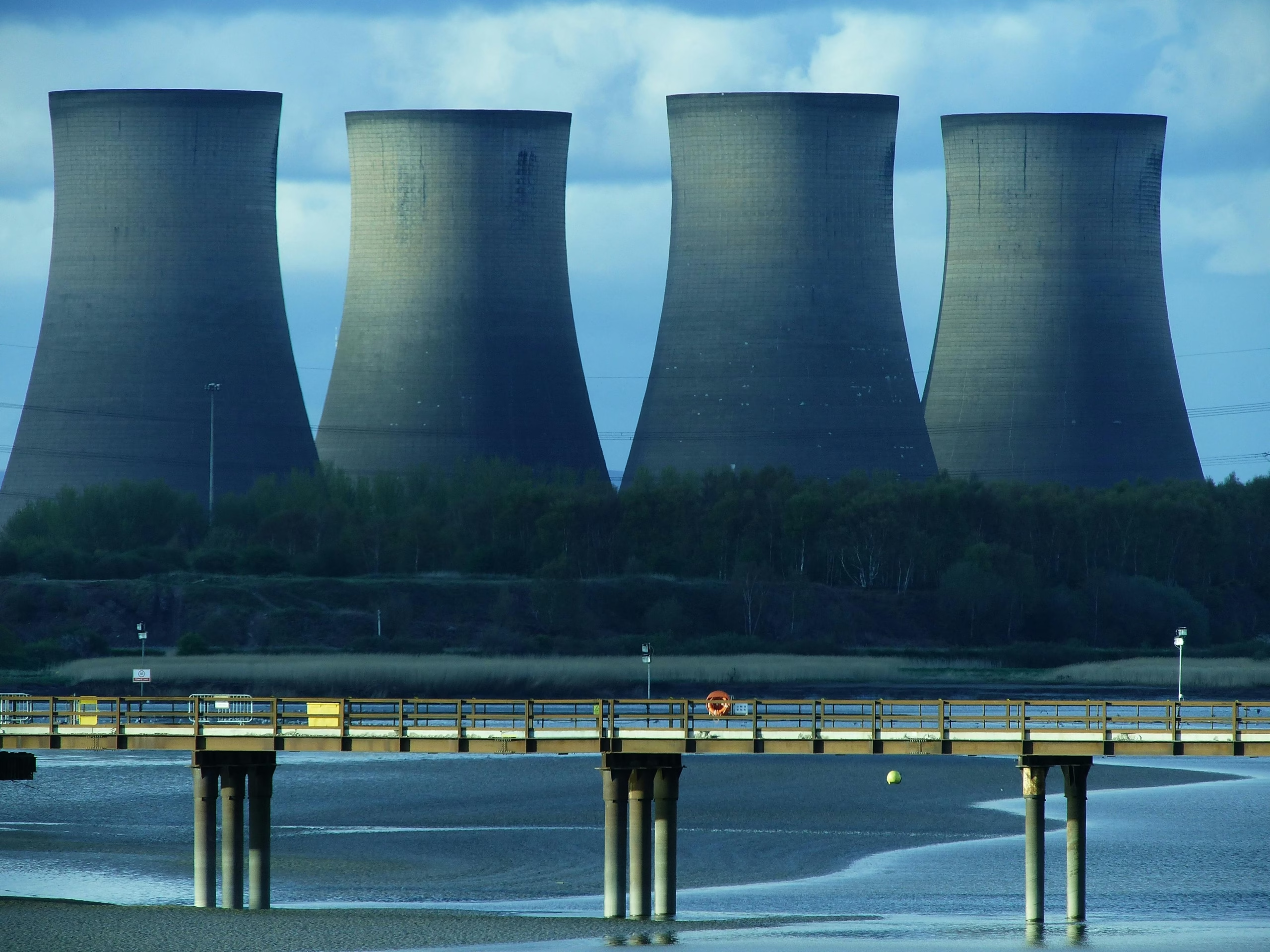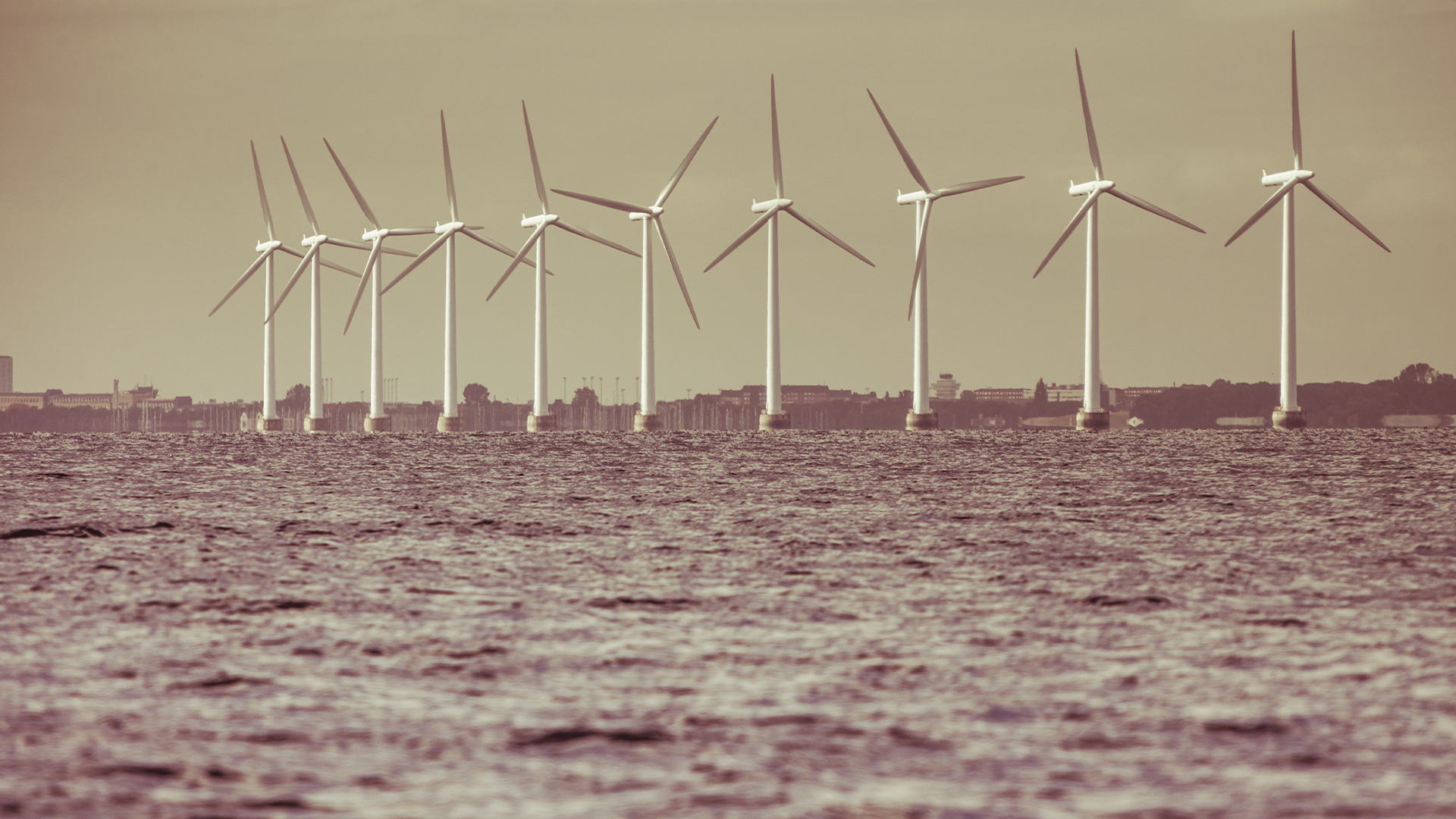
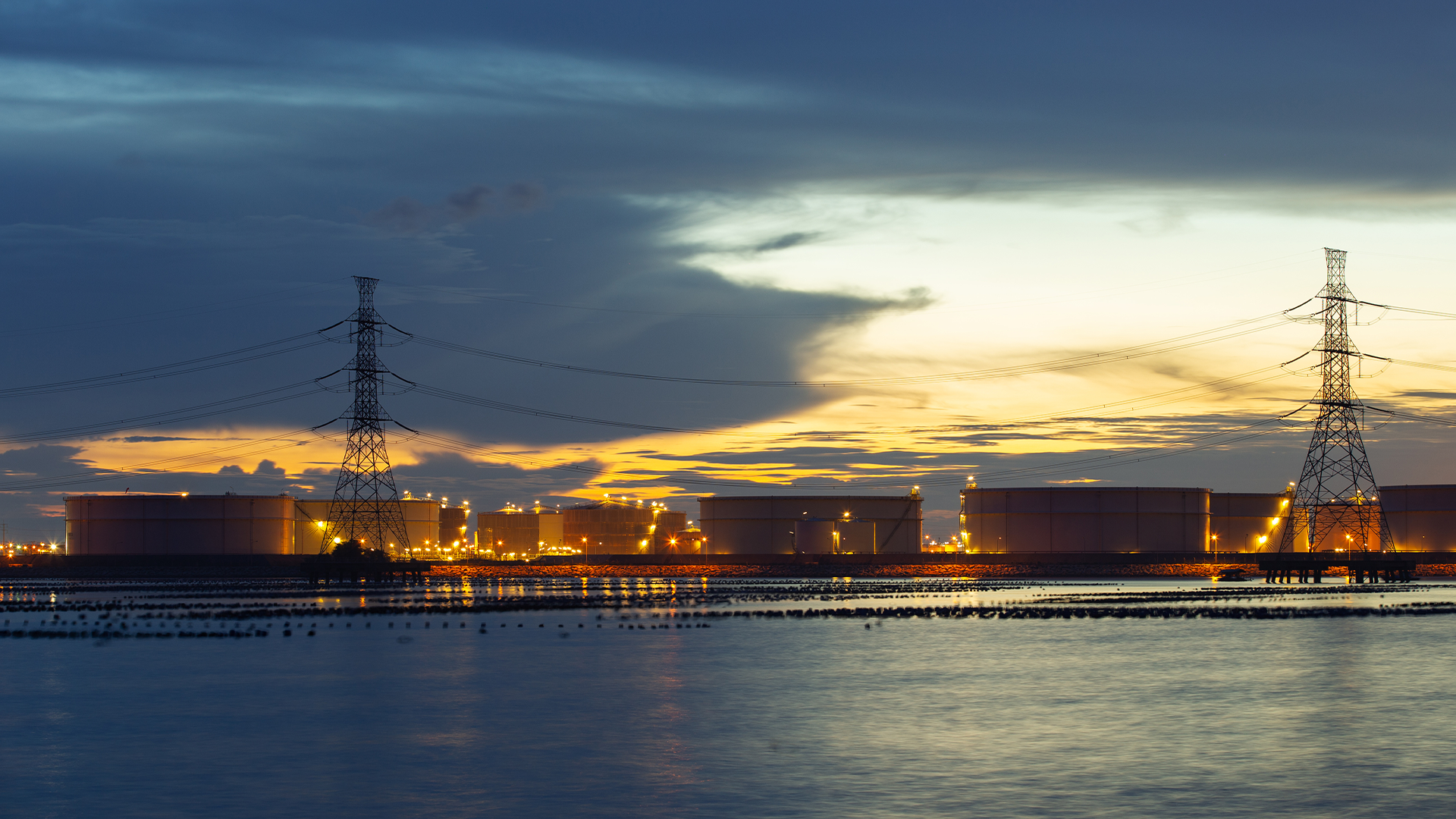
Importance of the Baltic Sea Region
The Baltic Sea is assuming an increasingly pivotal role in Europe’s politics, economy, and security. The countries along its southern shores are no longer peripheral; together with the Scandinavian states, they are emerging as innovation drivers, already generating 30% of the continent’s GDP. Owing to its central geographical position, the region has become a critical link in supply chains, particularly within the European energy markets.
A dense network of critical infrastructure, including underwater cables, pipelines and offshore wind farms delivers energy not only to the Baltic states but to Europe as a whole. For Poland, the Baltic Sea is a strategic lifeline, vital for energy security and competitiveness. In 2024, nearly half of Poland’s energy resources were imported through facilities along the Baltic coast. This reliance is projected to rise to 60%by 2040, underscoring the growing importance of the Sea.
Furthermore, the region’s transportation infrastructure, including ports and railway networks, not only links Finland, the Baltic states and Poland to the wider European rail system but also plays an ever more vital role in nurturing economic growth. Most important, however, are the people of the Baltic Sea region, who stand to gain the most from greater resilience and connectivity.
Growing tensions and challenges
Greater importance comes with mounting risks. Geopolitical tensions, hybrid threats and the sabotage of critical infrastructure, combined with disinformation campaigns, energy insecurity and climate pressures, are reshaping the Baltic security environment. Since 2023, multiple incidents have already targeted vital undersea and coastal infrastructure. The lesson is clear: the safety of the Baltic Sea cannot be seen as the concern of its immediate neighbours alone. A resilient Baltic Sea is essential to Europe’s collective security and prosperity.
BRI – new architecture for future challenges
In response, the Casimir Pulaski Foundation has launched the Baltic Resilience Initiative (BRI), a platform that places the challenges of the region in a wider European and transatlantic context. Its mission is to build resilience by connecting energy, defence and technology, and by turning regional experience into actionable solutions.
With more than twenty years of work in defence and security, the Foundation leads efforts to convene stakeholders, generate knowledge and promote cooperation. Poland’s increasing reliance on the Baltic Sea shows that a coordinated and inclusive approach is not optional but urgent. BRI offers the framework to make it possible.
Cluster of Stakeholders
Recognising the complexity of today’s environment, BRI integrates stakeholders from three interconnected sectors: Energy, Defence and Technology (EDT). The platform brings together governments, business leaders and non-governmental organisations to:
- strengthen the protection of offshore and coastal infrastructure
- counter hybrid and disinformation threats
- develop regional mechanisms and protocols for rapid response
- improve information sharing and crisis communication across borders
These are not abstract goals but concrete tasks, aimed at strengthening Europe’s northern frontline.
We have initiated BRI through workshops, analyses and targeted outreach, including:
- 14.05.2025 – Workshop for European Defence Attachés of the Kingdom of the Netherlands
- 13.05.2025 – Energy resilience as a key element of deterrence in the face of hybrid and geopolitical threats
- 03.06.2025 – Workshop on the Baltic Resilience Initiative during Digital Baltic
- 16.06.2025 – Pułaski Resilience Roundtable: protection of undersea energy infrastructure and critical

